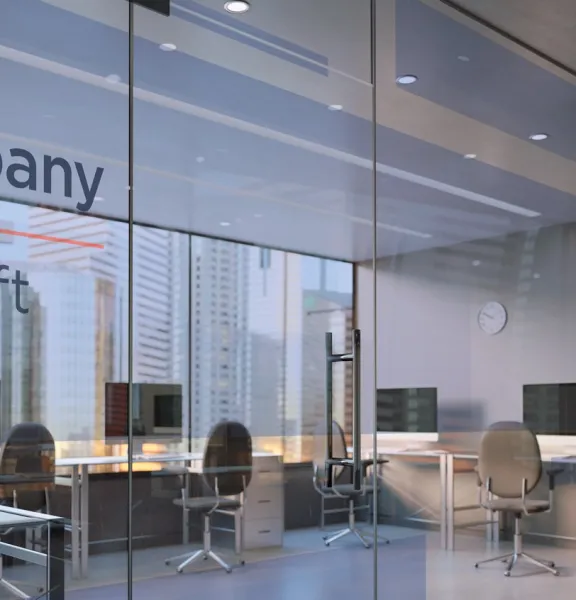Human communication is one of the most extraordinary examples of evolution in our world. From guttural sounds to symbol drawings in caves, and from languages, dialects and writing to radio, television, computers, and social media connections on our smartphones. Our most valuable tool for the survival of our species has been adapted and advanced, offering an endless stream of information. Today, this knowledge is more accessible than ever. Communication between people across opposite sides of the world is effortless, taking advantage of the giant leaps in mobile technology, which allow news to travel simultaneously as events are happening.
And just like that, the discourse changed, and the priorities shifted worldwide.
While sharing information is no longer a problem, filtering it remains a challenge.
As an extension of the internet, social media has become a limitless resource of data. Despite growing efforts to regulate, it has become almost impossible to contain and filter what is real and what is fabricated. The power of social media has surpassed anything we ever imagined. In my opinion, it has also surpassed what even the most ambitious creators had ever envisioned.
In the last decade, fake news emerged at an alarming rate, giving rise to new socioeconomic realities and political states. Social media have become a tool for the exercise of power. From trolls having fun spreading misinformation (just to see how far they can go) or shady governments recruiting bots to control election results, the tools of communication are now struggling to check what’s being shared. One example has been the COVID-19 pandemic. With misinformation spreading just as fast as the coronavirus, the job of keeping people safe is now more difficult than ever. Echo chambers have empowered individuals who would have otherwise not had any platform to be heard.
There are many who argue this is a form of free speech, and that any attempt to regulate opinions is equivalent to silencing the voices of the opposition. But even freedom of speech has its limits. It crosses these limits when free speech is used to cause harm and commit fraud.
This is the dangerous side that no one expected. This is why social media and their creators have been forced to take measures – a little late, but better late than never – to better check what is being shared. New regulations in advertising are making the job of all of us working in communication and advertising on these platforms much more difficult. Content is oftentimes wrongly flagged. Algorithms make mistakes and there are too few manual checks by real people to help avoid this issue. The procedures of identity verification for channels is long and tenuous, often taking months, since the platforms are learning the steps and adapting with us along the way.
However, while the professional in me would like to “get the job done” faster and more efficiently, the concerned citizen in me, understands that it’s the right step forward. Social media need regulations, for our safety. Every tool that can wield this much power, can also be used to do more harm than good. Rather than abolishing it altogether, and forgetting what else it can offer, regulation is the only way these platforms can continue to provide benefits.
And these benefits are worth the fight.
Transparency and immediacy. Fighting injustice and raising awareness for important causes. Networking with people, finding career opportunities and staying in touch with friends. Learning new things and exploring new interests. Getting informed. Coming closer together.
Communicating.
We have a long way to go, until social media are safe. Let’s keep trying.
Author: Nancy Goumenou

